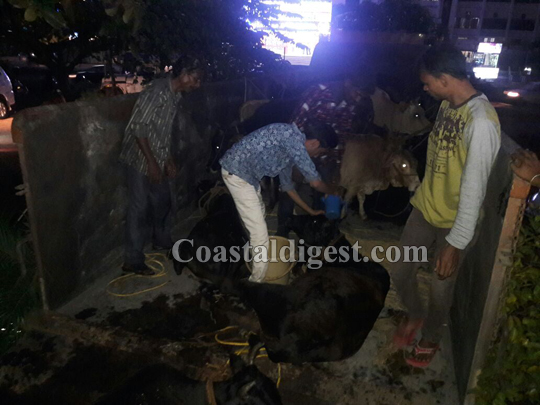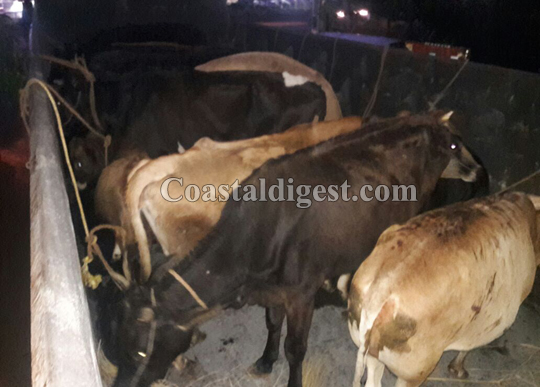Bengaluru, Jul 13: The Bruhat Bengaluru Mahanagara Palike (BBMP) has initiated the process of recruiting 1,700 medical professionals, doctors, staff nurses and support staff to scale up its workforce to set up 30,000 COVID-19 care beds, an official said on Sunday.
According to the official, to establish and run 30,000 COVID care beds, 1,800 doctors and 3,600 nurses are required. A 10,100-bed facility was set up last week in the Bengaluru International Exhibition centre (BIEC) on Tumkur road.
The Health Department has calculated that one doctor per shift is needed for every 100 patients and one staff nurse for every 50 patients. Similarly, two supporting staff and three Group D employees are needed per shift for every 100 patients. Generally, a day is divided into three shifts of eight hours each.
According to the director of medical education, there are 25,000 nursing students who have completed GNM and BSc Nursing courses and are pursuing higher education.
Likewise, there are 3,231 medical, dental and Aayush interns, while MD and MS postgraduate students have been identified to be 1,613 in Bengaluru colleges.
"The department plans to actively utilise the services of interns and postgraduate students for the COVID Care Centre (CCC) operations," said the official.
Currently, there are 2,100 CCC beds operational under the civic body in Bengaluru with a pool of 503 doctors, 167 ayush doctors, 128 nursing and paramedical staff.
Earlier in May, the civic body also notified the recruitment of 380 microbiologists, technicians and data entry operators for six months. In June, the civic body again notified the recruitment of 637 doctors, nurses, technicians and group d employees to strengthen its fight against the pandemic.
Bengaluru has recently seen a spike in COVID-19 in Karnataka, accounting for 61% of all active cases in the state.
On Saturday, the city reported 1,533 new cases, taking its total tally to 16,862, of which 12,793 are active.
Karnataka recorded 2,798 more coronavirus cases and 70 more casualties on Saturday evening, raising the state's total cases to 36,216 and the death toll to 613.






Comments
mande ijjandina marler naklu.... this cows issue came into highlights sine last 10-12 years, where were this RSS chaddis before that.... they dont have problem with eating cow, this people using cow as political issue for their personal gain....
If the cow is god y dont cow punish thm who done this
if we say in simple word if anyone brith and death he is not god and in this world no there who dont hve death everyone hve to face the death how come they are god even simple logic this ppl cant understand
Legalize beef everything is gonna right. Dakshina kannada and udipi police dpt. fit for perform duty as gowrakshak. Police from Goa and other states ruled by bjp are deprived from this opportunity.
It happens only in India......
In Europe, America, China, Japan, par Eastern countries.....millions of them used for lunch and dinner....don't you think they too are Gods for you....why don't you go and protest in front of United Nation to enact a law to stop it.....it require a lot of guts which you don't have it and all balls too....
India will not develop, it will remain like this forever....small thinking mind and heart....
Believe me it is not a fucking God at all.....
brutal assaults required on cattle thieves.
Add new comment